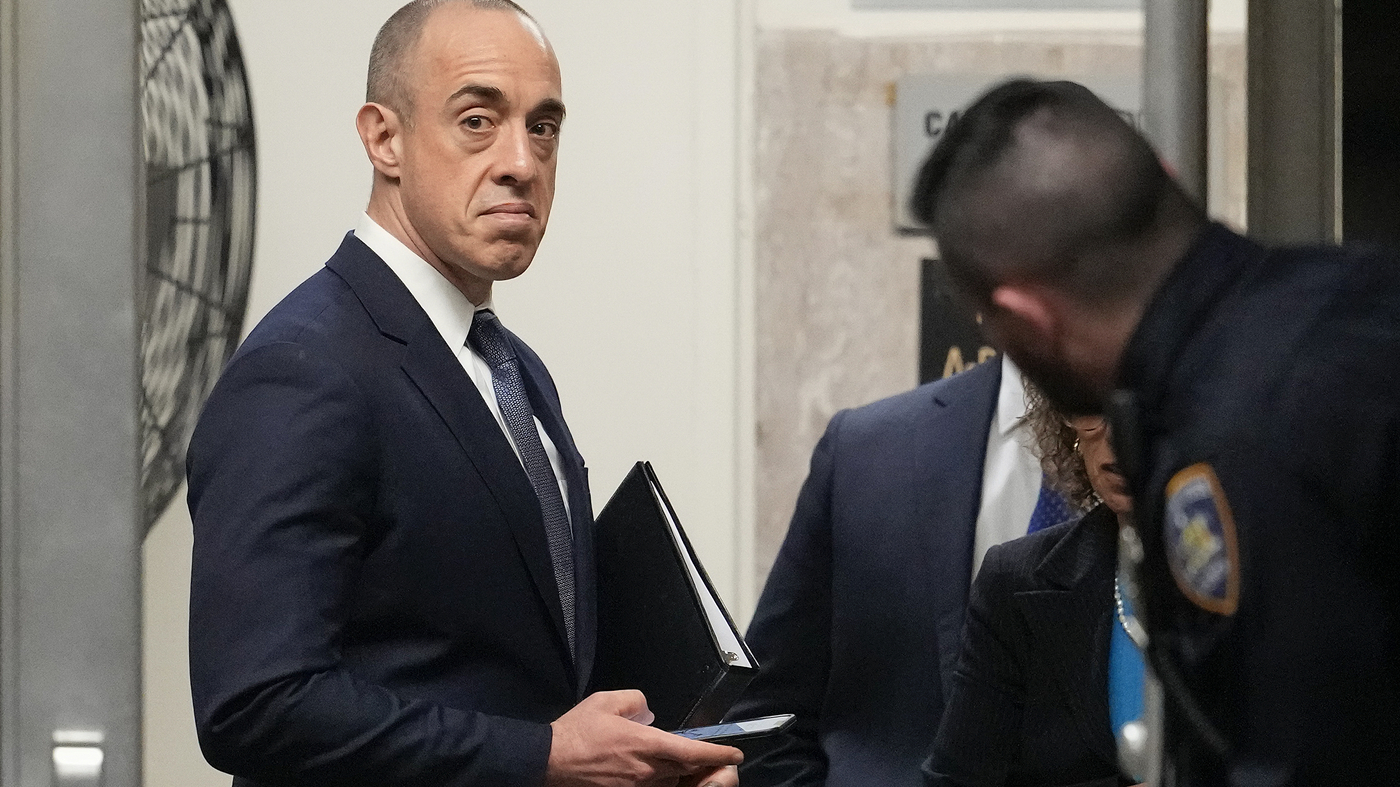The Ascent of Emil Bove: A Litmus Test for the Modern Judiciary?
Introduction: A Nomination That Sparks Debate
The nomination of Emil Bove to the United States Court of Appeals for the Third Circuit has become a lightning rod for a national conversation about the judiciary’s role in modern America. Is Bove a highly qualified legal expert, as his supporters assert, or does his nomination signal a broader shift toward a judiciary shaped by ideological priorities? His career—marked by both impressive achievements and contentious associations—offers a microcosm of the challenges facing judicial confirmations in an era of deep political polarization.
A Stellar Résumé: The Making of a Legal Eagle
Emil Bove’s professional journey is undeniably impressive. His academic foundation was laid at prestigious institutions, where he developed a keen legal mind and a deep understanding of constitutional and statutory interpretation. After graduating, he clerked for respected judges, gaining firsthand experience in judicial reasoning and legal analysis. His subsequent work in high-profile law firms further honed his expertise, particularly in complex litigation involving white-collar crime and regulatory enforcement.
Bove’s career took a pivotal turn when he transitioned into public service, joining the Department of Justice (DOJ). There, he held key positions, tackling high-stakes legal issues and contributing to significant policy decisions. His supporters argue that his dual experience in both the private and public sectors provides him with a balanced perspective, making him an ideal candidate for the federal bench. They emphasize his dedication to upholding the law and his commitment to public service as evidence of his fitness for a judgeship.
The Shadow of Controversy: Ethical Concerns and Political Affiliations
Despite his strong credentials, Bove’s nomination has faced fierce opposition, primarily due to his associations with former President Donald Trump and his involvement in controversial DOJ decisions. Critics argue that his actions during his tenure at the DOJ demonstrate a willingness to prioritize political considerations over ethical principles.
One of the most contentious issues surrounding Bove’s nomination is his role in the decision to drop the corruption case against former New York City Mayor Eric Adams. Opponents claim this decision was politically motivated, designed to protect allies of the Trump administration. They argue that Bove’s involvement in this case raises serious questions about his impartiality and his ability to serve as an unbiased judge.
Additionally, Bove’s past representation of Donald Trump in legal matters has fueled concerns about potential conflicts of interest. Critics worry that his allegiance to the former president could influence his rulings, particularly in cases involving Trump or his associates. This concern is amplified by the perception that the Trump administration sought to appoint judges who would align with its political agenda.
The opposition to Bove’s nomination has reached unprecedented levels, with over 900 former DOJ employees signing a letter urging the Senate to reject his confirmation. This collective action underscores the deep-seated concerns within the legal community about Bove’s qualifications and his potential impact on the judiciary. Their statement serves as a stark warning about the dangers of appointing a judge with a controversial record.
A Battleground of Ideologies: The Future of the Judiciary
The debate over Emil Bove’s nomination extends beyond his individual qualifications and into broader questions about the role of ideology in judicial appointments. The current political climate is marked by deep divisions over fundamental legal and constitutional principles. Each judicial nomination becomes a battleground for competing visions of the judiciary, with each side seeking to shape the courts in their ideological image.
The concept of a “MAGA judiciary” refers to a particular approach to legal interpretation, often associated with conservative and originalist principles. This approach emphasizes a strict interpretation of the Constitution, focusing on the original intent of the framers. Proponents argue that this method is essential for preserving the rule of law and preventing judicial activism.
However, critics contend that this approach can lead to unjust outcomes, particularly in cases involving individual rights and social justice issues. They argue that the Constitution must be interpreted in light of contemporary values and evolving social norms. They fear that a judiciary dominated by judges with a narrow, ideological agenda could undermine fundamental rights and erode public trust in the courts.
The fight over Bove’s nomination reflects this broader struggle for the soul of the judiciary. His supporters see him as a qualified and experienced legal professional who would bring a valuable perspective to the Third Circuit. His detractors view him as a partisan figure whose appointment would further politicize the courts and undermine their legitimacy.
Conclusion: A Test of Principles
The confirmation of Emil Bove is more than just the appointment of one individual to the federal bench. It is a test of the principles that should guide the judicial selection process. Does political affiliation outweigh ethical considerations? Can a nominee with a history of controversial actions be trusted to serve as an impartial judge? The answers to these questions will have profound implications for the future of the judiciary and the rule of law.
As the Senate deliberates on Bove’s nomination, it must carefully weigh the competing arguments and consider the long-term consequences of its decision. The integrity and independence of the judiciary are essential for maintaining public trust and ensuring that justice is served fairly and impartially. The confirmation process must be guided by a commitment to these principles, even in the face of intense political pressure. The future of the judiciary, and perhaps the nation, may depend on it.

